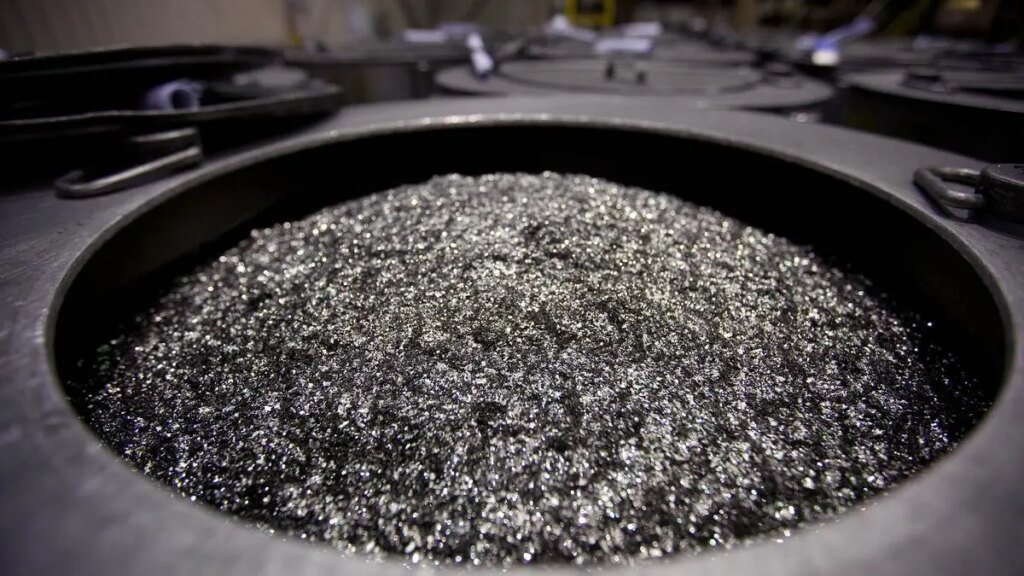China tightens supply: India’s auto industry seeks govt help on rare earth magnet imports; key EV parts impacted
NEW DELHI: The Indian automobile industry has urged the government to step in and help fast-track pending approvals from Chinese authorities for importing rare earth magnets—key components used in electric motors and various car applications.According to PTI, industry sources revealed that, several Indian suppliers have applied for approvals through their local partners in China. But no permissions have been granted so far.China processes over 90% of the world’s rare earth magnets, which are widely used in parts like speedometers, electric motors, e-axles, electric water pumps, automatic transmission kits, speakers, sensors, and engine ignition coils.Since April 4, the Chinese government has imposed restrictions requiring special export licences for seven rare earth elements and related magnets.In Japan, Suzuki Motor halted Swift production due to these restrictions. Earlier last week, Maruti Suzuki India’s Senior Executive Officer, Rahul Bharti, said that China has requested an end-user certificate, which must be endorsed by the Indian government and approved by the Chinese authorities.“So that process is on and industry is in discussion with the government,” he added.Deloitte India’s Automotive Sector Leader Rajat Mahajan highlights this shortage as a significant supply chain disruption, particularly affecting EVs. These magnets possess high magnetic energy storage capacity with low coercivity at elevated operating temperatures.“This has been an R&D topic for the automotive industry for a long time but till now other magnetic materials have not seen large scale commercial usage in applications like EV,” he continued.There aren’t enough rare earth magnets available for recycling to meet current EV production demands, said Mahajan, adding that it’s not easy for automakers to quickly shift to different powertrains or alternative materials.“This situation will hopefully get resolved via diplomatic channels, but if it continues then we may see a shift towards powertrains for large OEMs,” he further noted.Icra’s senior vice president and co-group head for Corporate Ratings, Srikumar Krishnamurthy, explained that rare earth magnets are essential in several EV components like electric motors, regenerative braking systems, and power steering.Since China supplies around 90% of the world’s rare earth magnets, its recent export restrictions could significantly impact the EV industry. This might lead to higher prices due to shortages and even disrupt production schedules.“The implications could include inflationary pressures (led by higher cost for rare earth magnets against the backdrop of shortage) or even disruption in production schedules in absence of a seamless supply of the same,” Krishnamurthy added. While carmakers are exploring ways to cut reliance on Chinese supplies, finding immediate alternatives remains difficult.These rare earth materials include critical elements such as samarium, gadolinium, terbium, dysprosium, and lutetium—used not only in EVs but also in smartphones and missile technology.



